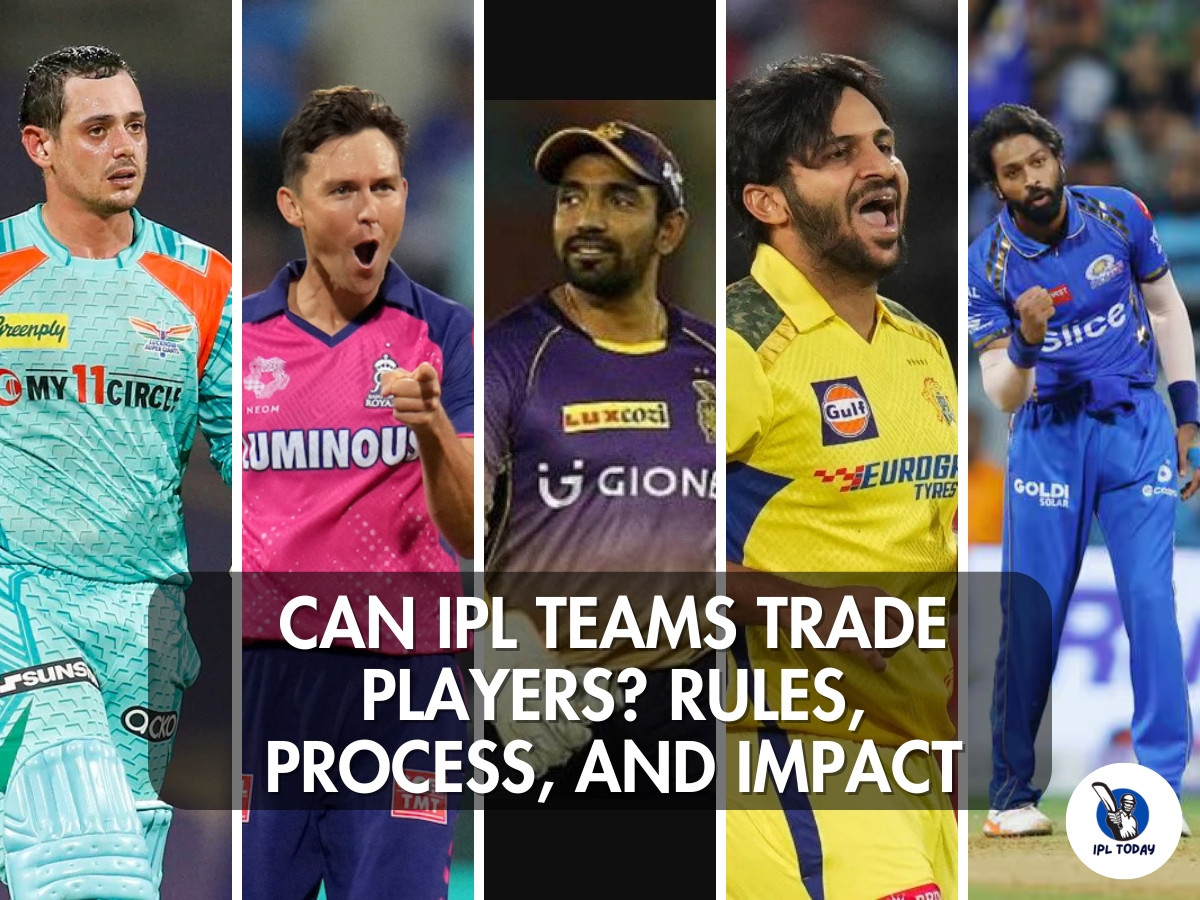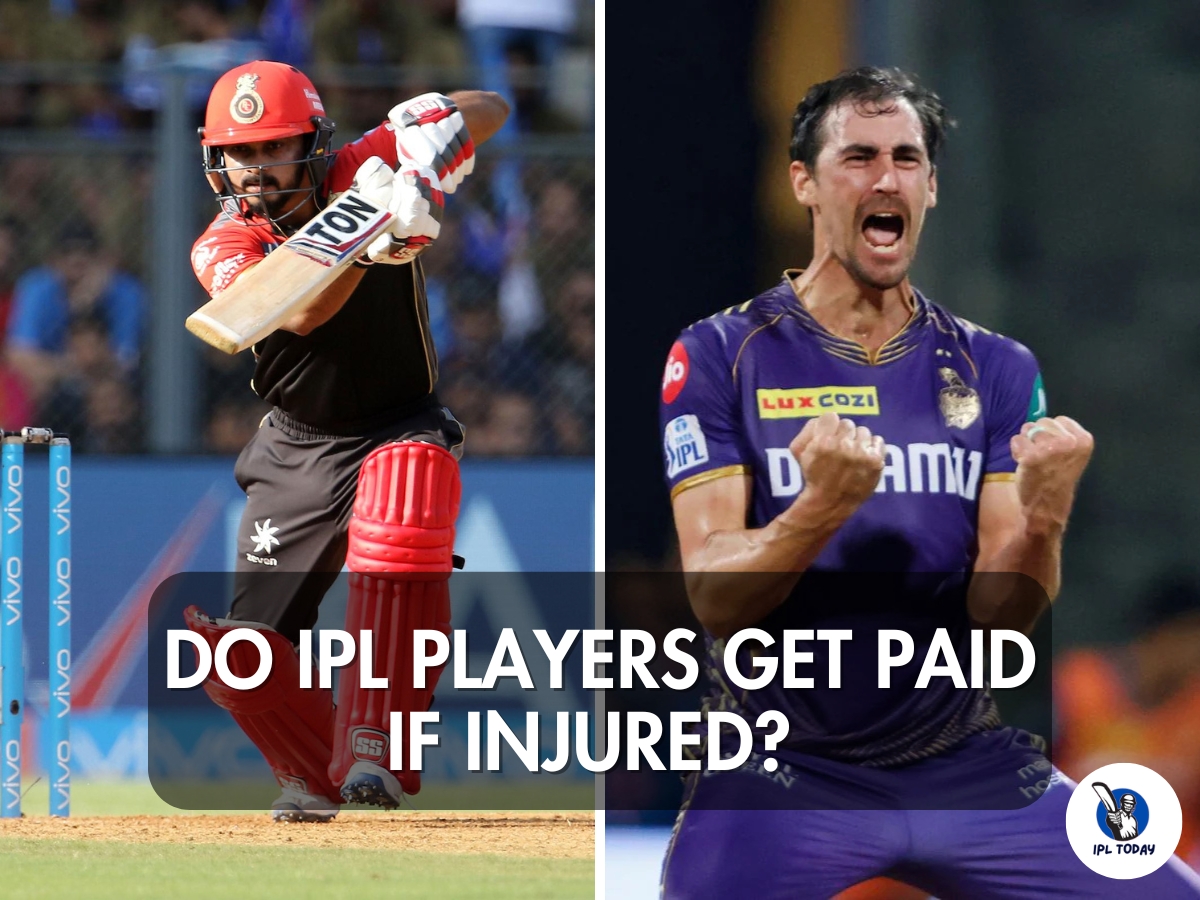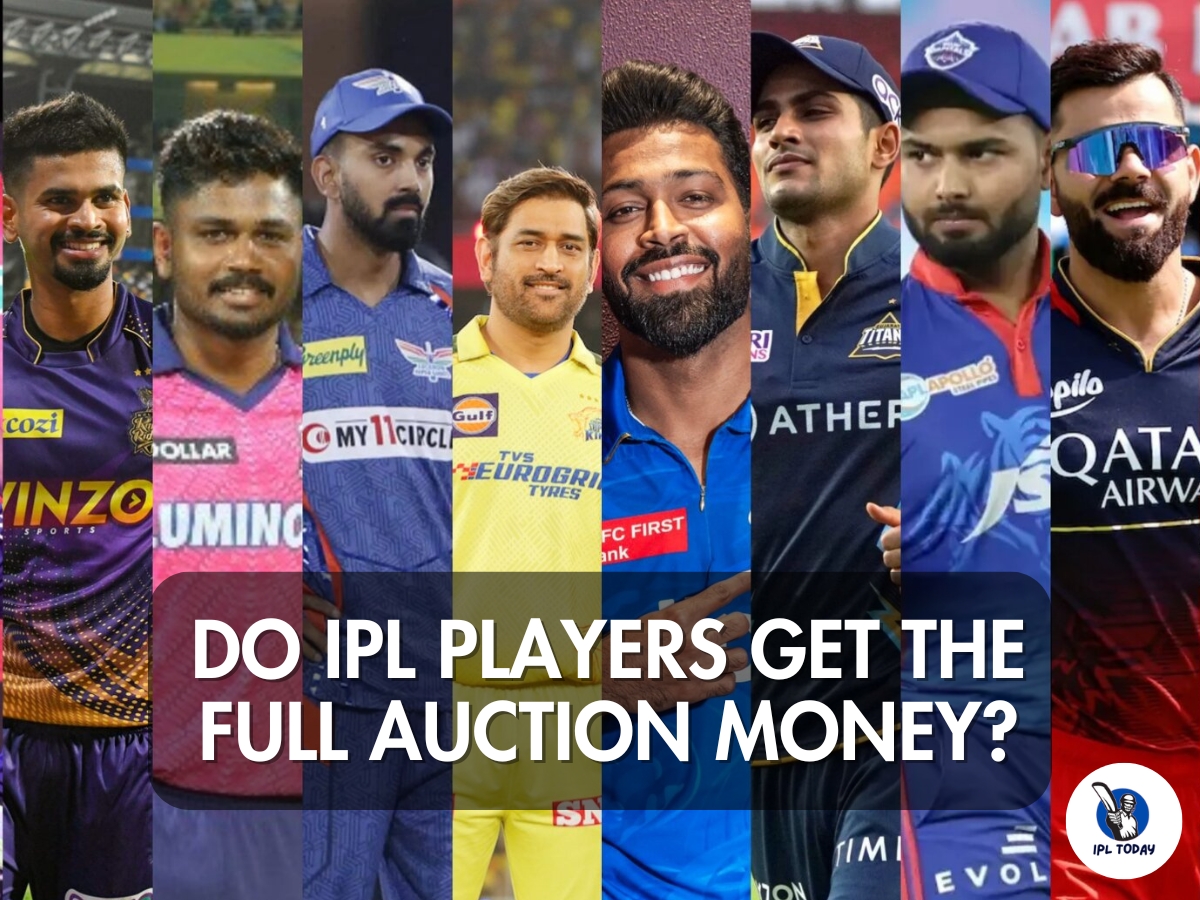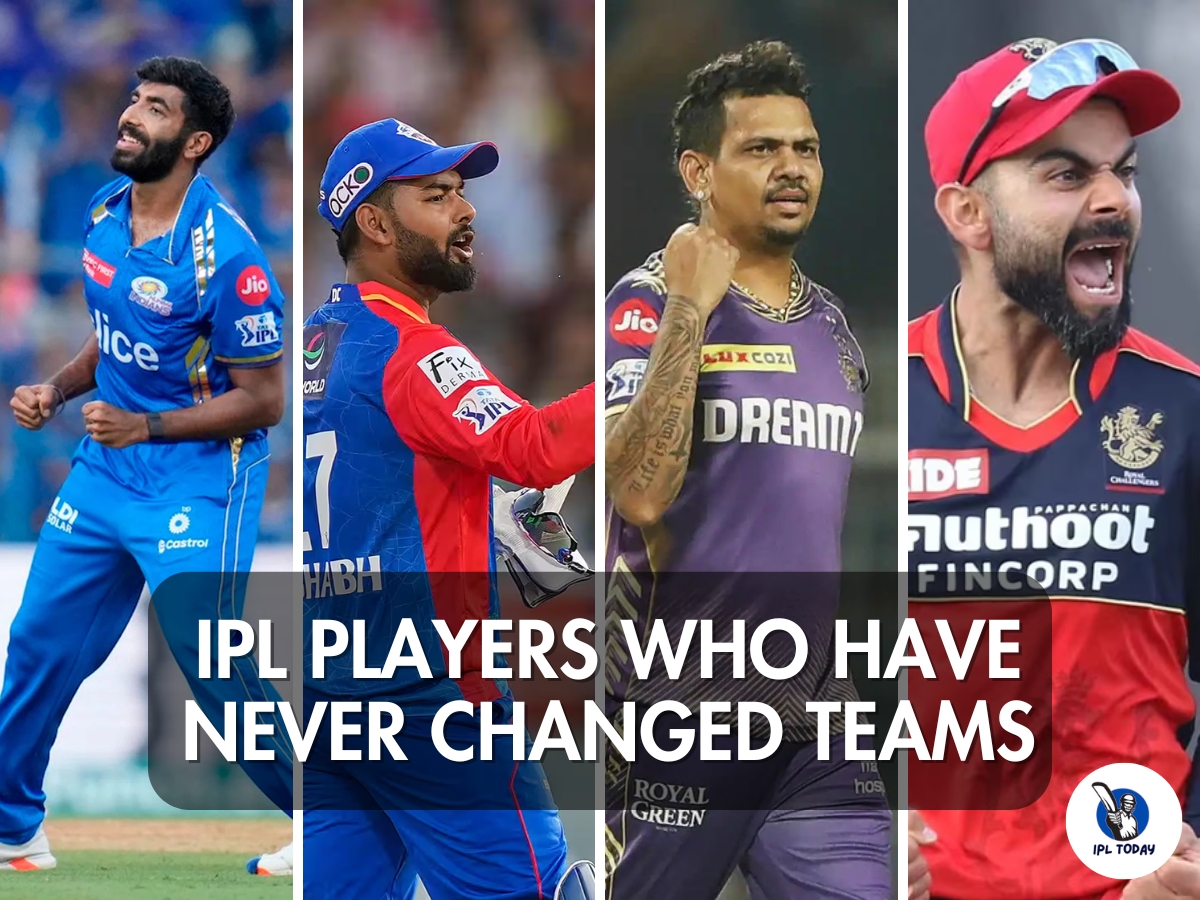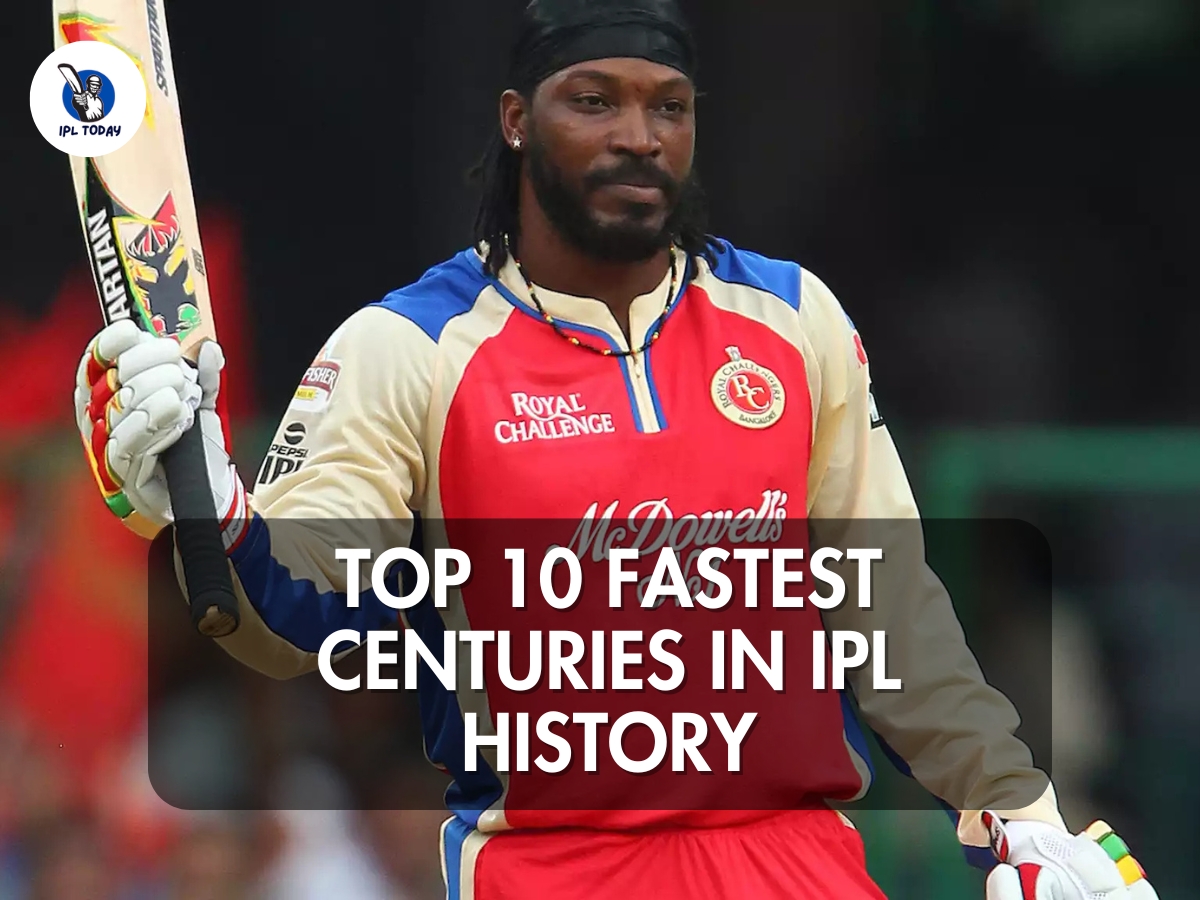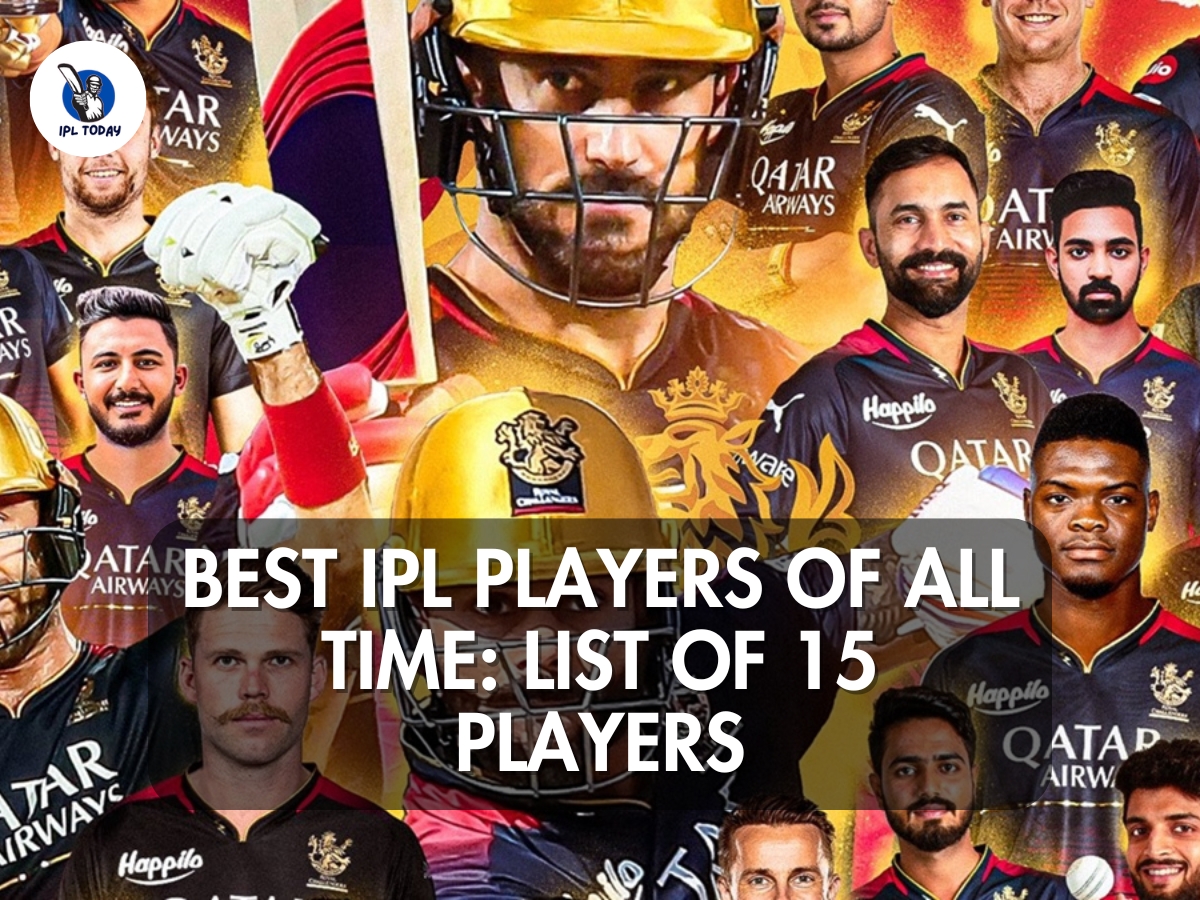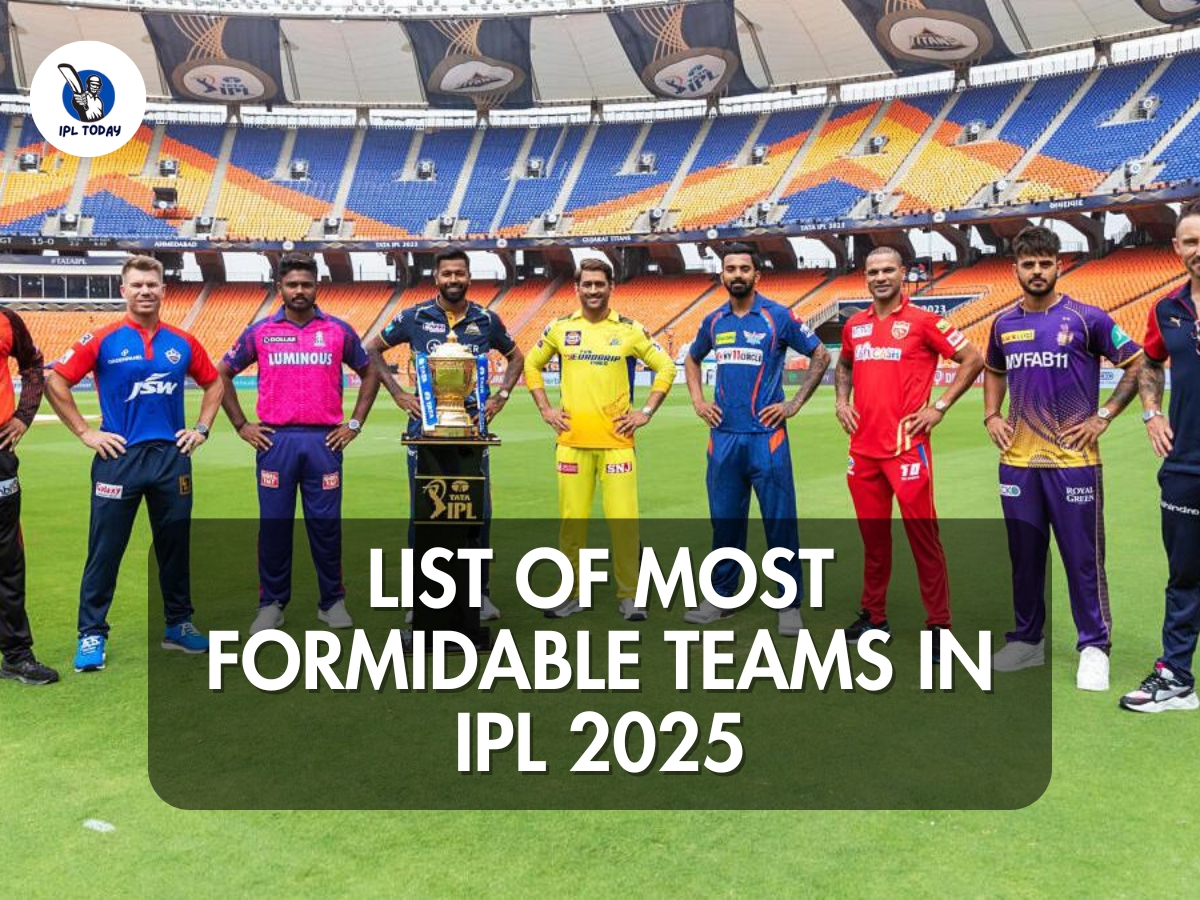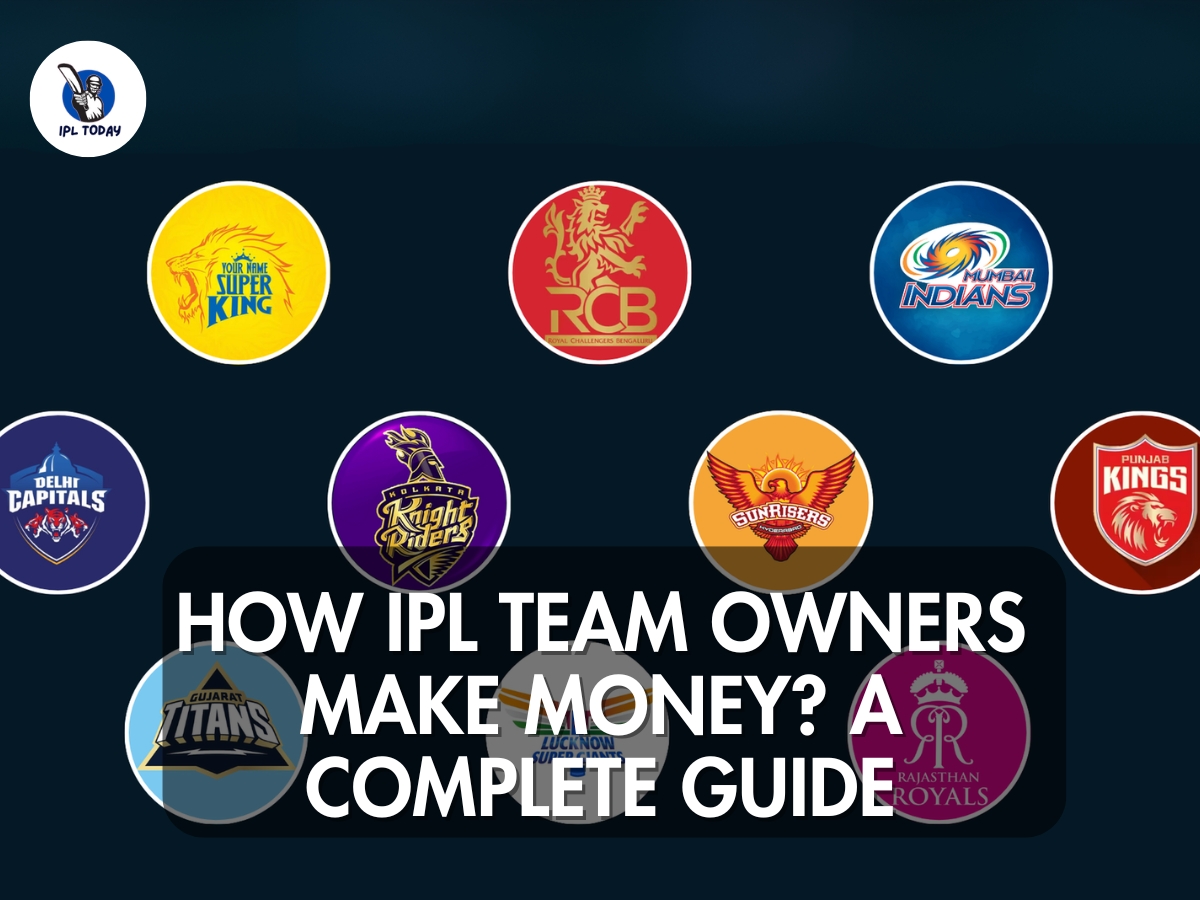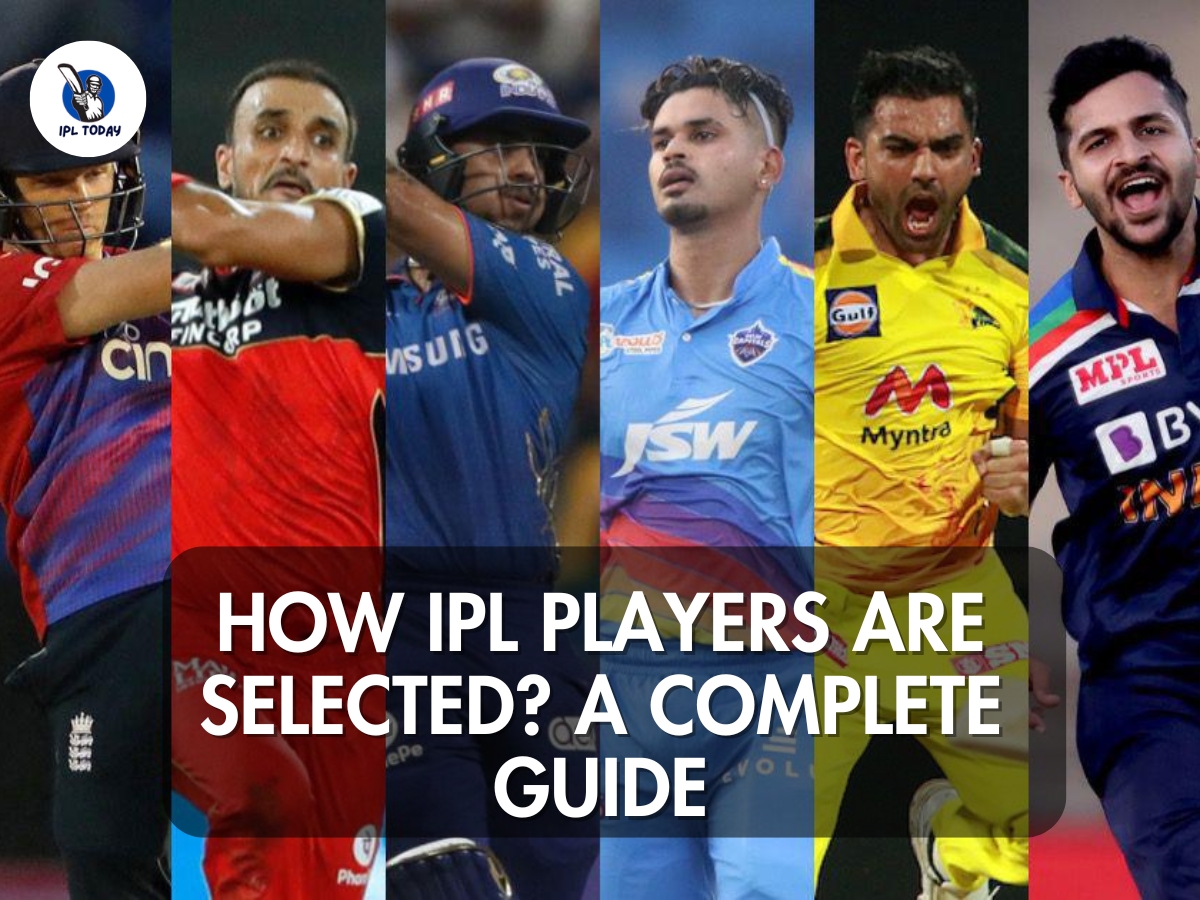The Indian Premier League (IPL) is not just about auctions; player trades also play a crucial role in shaping team strategies. IPL teams can trade players within a structured system that allows franchises to strengthen their squads while managing budgets effectively.
How Do IPL Teams Trade Players?
IPL teams trade players during specific trading windows set by the league. These trades help franchises adjust their squad composition, balance salaries, and make room for new signings before the season begins.
Key Features of IPL Player Trading:
- Franchises can exchange players either for money or player swaps.
- Trades require player consent, ensuring they agree to the transfer.
- Teams must comply with salary caps, ensuring financial fairness.
IPL Trading Windows
IPL follows a structured trading system, allowing teams to trade players in the following windows:
Pre-Auction Trade Window
- Opens a few weeks after the IPL season ends.
- Teams negotiate trades before the auction to adjust their squads.
- Helps teams manage their purse value for new signings.
Post-Auction Trade Window
- Brief period after the auction where teams can still trade.
- Allows last-minute changes before the squad finalization.
Mid-Season Transfers
- Introduced to allow teams to acquire uncapped players.
- Eligible players must not have played more than three matches.
- Gives franchises flexibility to replace underperforming players.
Types of Player Trades
One-Way Trade
- A team acquires a player without giving another player in return.
- Often involves a financial deal between franchises.
Two-Way Trade (Player Swap)
- Involves an exchange of players between two teams.
- Helps teams adjust based on their specific needs.
Loan Trades (Rarely Used)
- Allows one team to loan a player to another.
- The player can return to their original team after the season.
Read: Can IPL Teams Buy Unsold Players? The Complete Answer!
Official Rules for IPL Trades
IPL’s trading system is governed by strict rules to ensure fairness:
| Rule | Description |
|---|---|
| Player Consent | Players must agree to be traded. |
| Salary Cap Compliance | Teams cannot exceed their salary budget. |
| Trading Windows | Trades can only happen in specific periods. |
| Franchise Agreement | Both teams must mutually agree on terms. |
Financial Impact of Player Trades
IPL trades are not just about swapping players; they have major financial implications for franchises.
Impact on Teams:
- Salary Adjustments: The acquiring team takes over the player’s contract.
- Budget Management: Teams free up purse value by trading high-cost players.
- Profit Opportunities: Franchises can negotiate transfer fees in one-way trades.
Notable IPL Player Trades
Some of the biggest trades in IPL history have reshaped teams:
| Year | Player | From | To |
|---|---|---|---|
| 2019 | Quinton de Kock | RCB | MI |
| 2020 | Trent Boult | DC | MI |
| 2021 | Robin Uthappa | RR | CSK |
| 2022 | Shardul Thakur | DC | KKR |
| 2023 | Hardik Pandya | GT | MI |
Why Trades Matter in IPL?
Trades are a key strategic tool that allow teams to:
- Strengthen weak areas by acquiring better-suited players.
- Manage budget constraints by offloading high-cost players.
- Optimize squad depth to ensure balanced team composition.
Read: Can IPL Players Join Other Leagues? BCCI Rules, Exceptions, and Impact Explained
Final Thoughts
IPL teams trade players to stay competitive, adjust to team dynamics, and comply with financial regulations. Whether through pre-auction trades, mid-season transfers, or player swaps, trading remains a crucial part of IPL’s smooth functioning.


